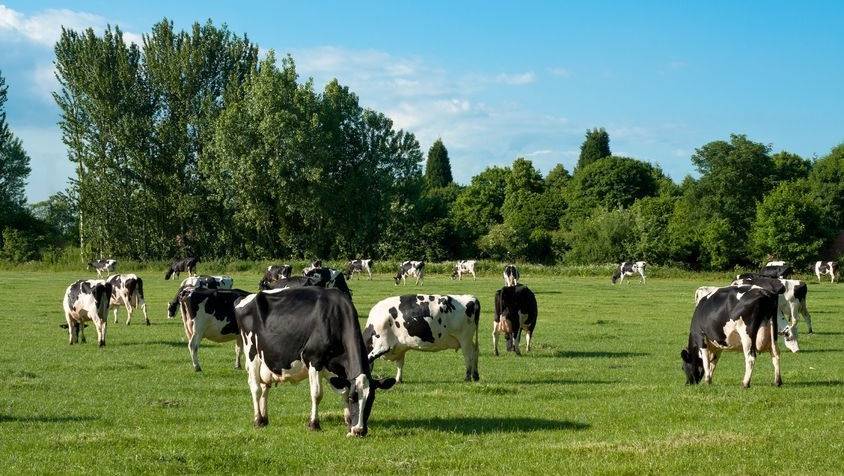
New research on the attitudes of people working in the UK dairy sector has revealed that many dairy farmers believe cows should graze for part of the year.
Findings of the ‘Cows eat grass, don’t they?’ study shines a light on the perspectives of those working in UK dairy, touching upon economic, animal welfare and mental health aspects.
The research was based on surveys and interviews with UK dairy farmers and key industry stakeholders to explore attitudes towards indoor and grazing systems.
The survey found that 19% of respondents housed their cows all year round, while 68% of Scottish farmer respondents thought cows should graze for part of the year.
Lead researcher Dr Orla Shortall, based at the James Hutton Institute, said this was a surprising finding.
“The mainstream view was that differences between systems – grazing or indoor – don’t matter for animal welfare, economic or environmental outcomes, but management is more important.
“I was surprised when most respondents to the Scottish survey thought that cows should graze.
"This view did coexist with the view that stock keeping was more important than system for welfare, and management was more important than system for economic outcomes."
According to Dr Shortall, some of the reasons given by British farmers for preferring cows to graze were primarily linked to their experience working with cows outside.
They liked working with cows outside, and liked letting the cows out in spring, Dr Shortall explained.
"They liked being outside in nature and some of them had the view that their cows liked to graze," she added.
“I think in the industry the question of grazing or year-round housing has become quite controversial because year-round housing has been condemned by animal welfare charities.
"And grazing is seen as something that’s demanded by the public who are out of touch with farming."
The research suggests that grazing needn’t been seen as such a ‘politicised’ issue within the dairy industry.
"The farmers I spoke to who wanted their cows to graze generally didn’t have a negative attitude towards housed systems,” Dr Shortall added.
The study shows that there is a reluctance in the UK industry to market milk as grass-fed because it’s seen as divisive and pandering to the public who don’t understand the issues.
However, farmers that participated in the research had a more pragmatic and positive attitude to grass-fed labels than key stakeholders.
“When the UK is negotiating trade deals with other countries, they don’t need to shy away from the importance or value of grazing in the dairy industry," Dr Shortall said.
"And with farmer mental health being a live issue, if farmers get meaning and enjoyment from spending time outside with their cows, that’s also something worth celebrating."
